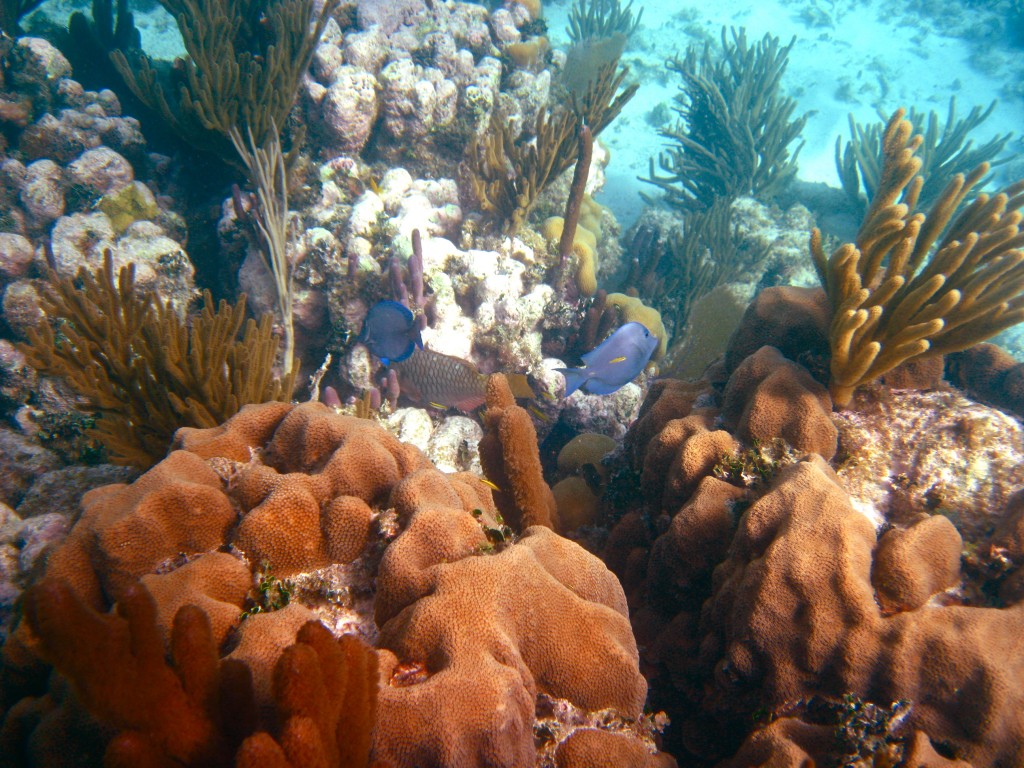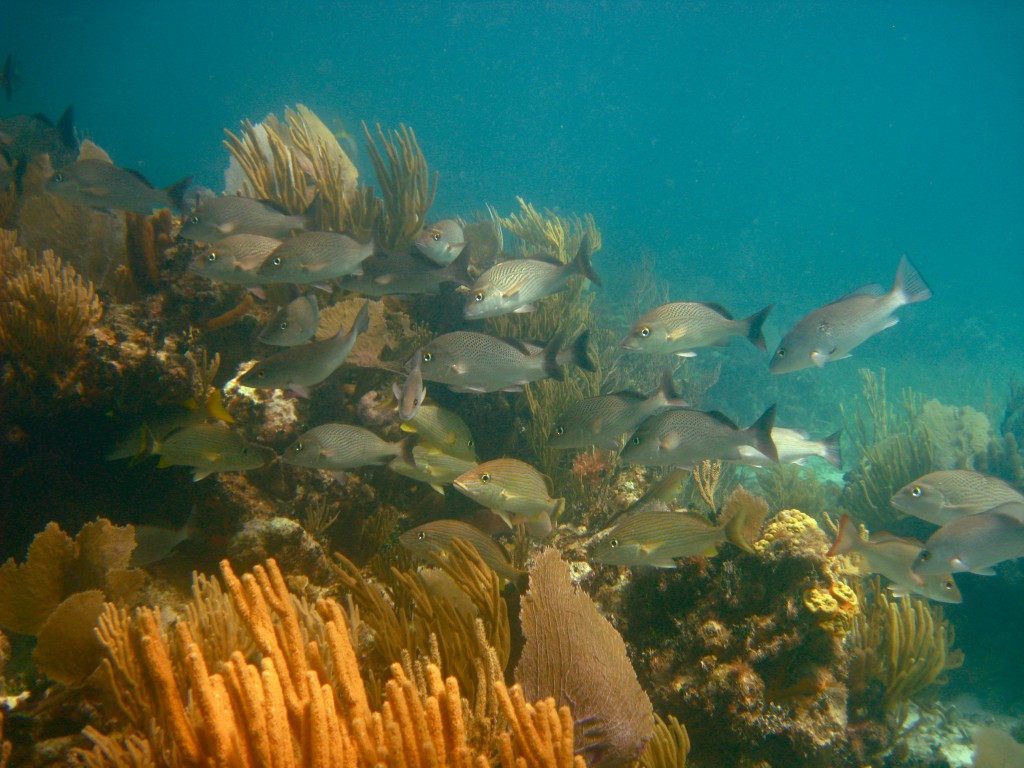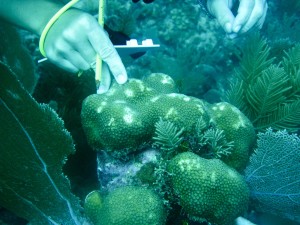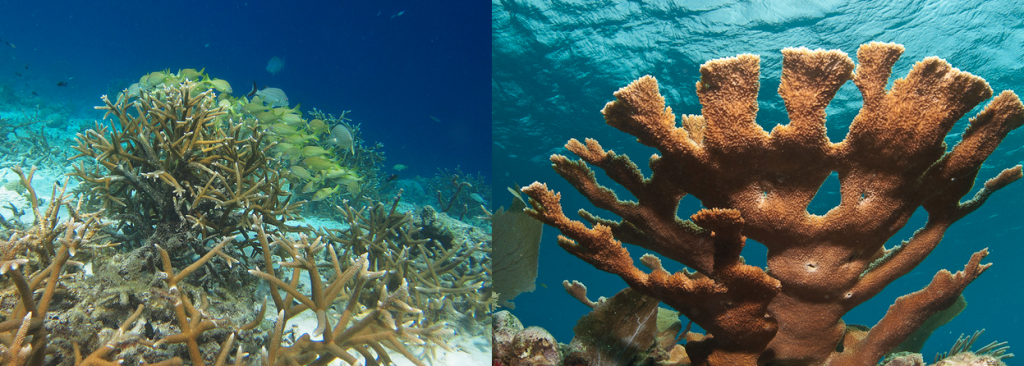Beautiful, Mysterious, and Alive!
Corals are invertebrates which live in colonies underwater and create coral reefs by secreting calcium carbonate to form a hard skeleton.
Coral reefs are home to a variety of organisms like fishes, sponges, mollusks, crustaceans, echinoderms and various types of fungi.
Coral reefs are also important to humans
They are important not just because they are popular in tourist attractions, but they serve as critical structures for modern fisheries. Reefs serve as buffer zones to mitigate erosion in coastlines and beaches. Corals can also tell us about the quality of the water around them and the other species that share their habitat. This provides valuable information for scientists to monitor the wellbeing of the local marine ecosystems.
Unfortunately, coral reefs are facing a rapid decline in coral population. This has been occurring for the past 50 years. Coral reefs can only survive in a narrowed range of water temperature, acidity, salinity and water clarity. With increasing levels of stress caused by human activities, they have experienced a rapid decline ranging from 27% to over 90% depending on the types of coral and location.
Staghorn and Elkhorn are two very important reef-building types of coral which have both suffered an over 90% decline in the last 30 years.
Some human activities which harm corals are:
- Recreational activities causing physical damage (diving and boating)
- Coastal developments
- Agricultural and industrial runoffs
- Sewage and toxic discharges from ships
- Collisions with ships



